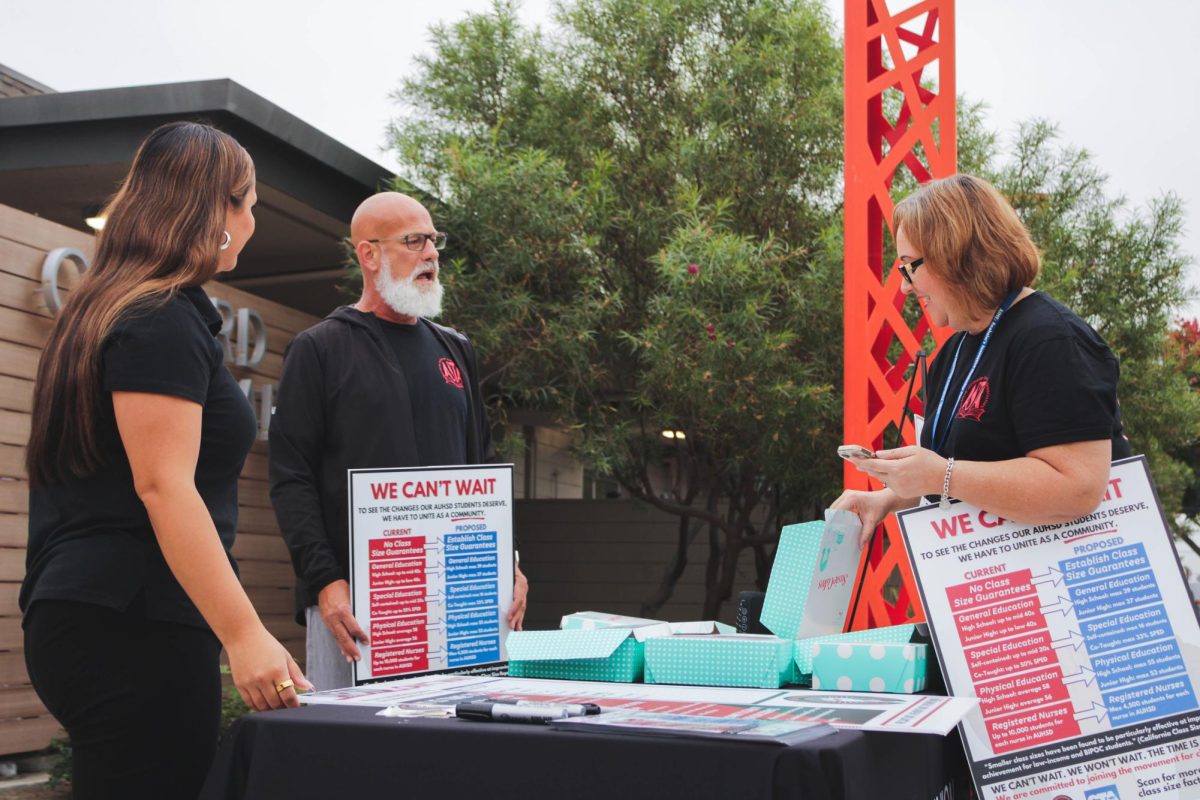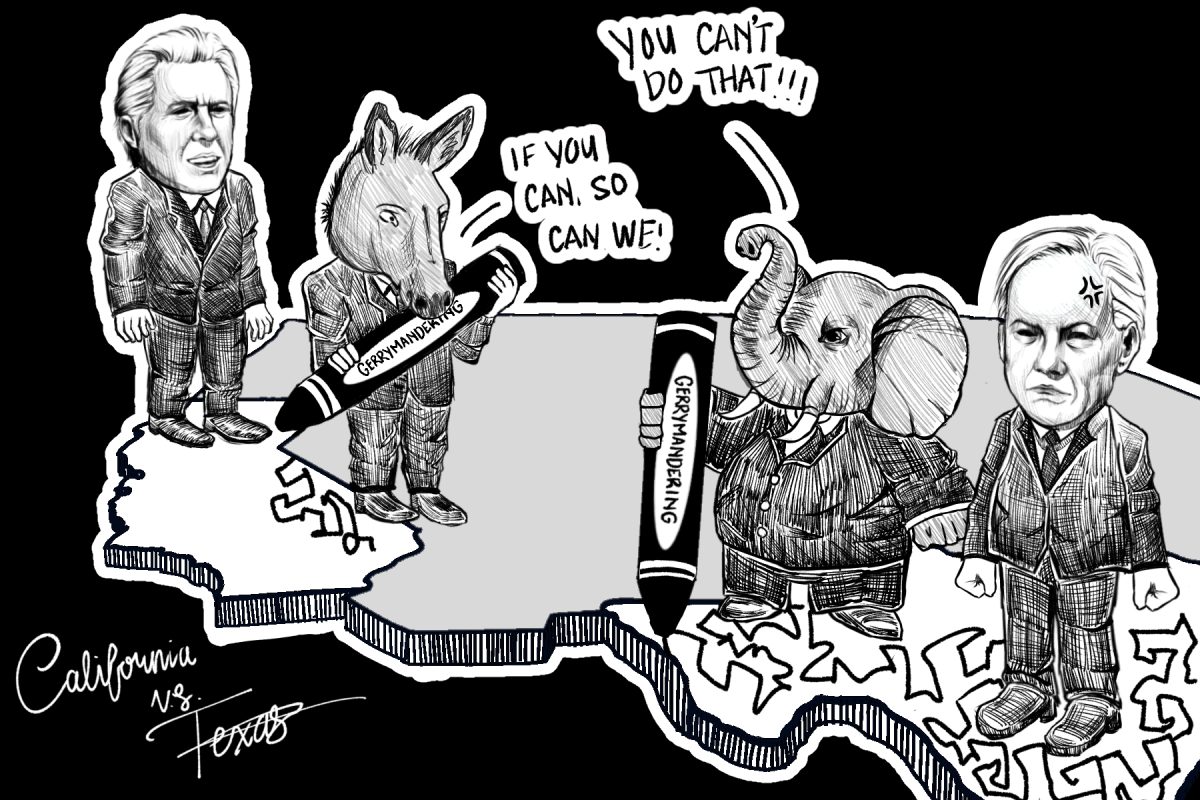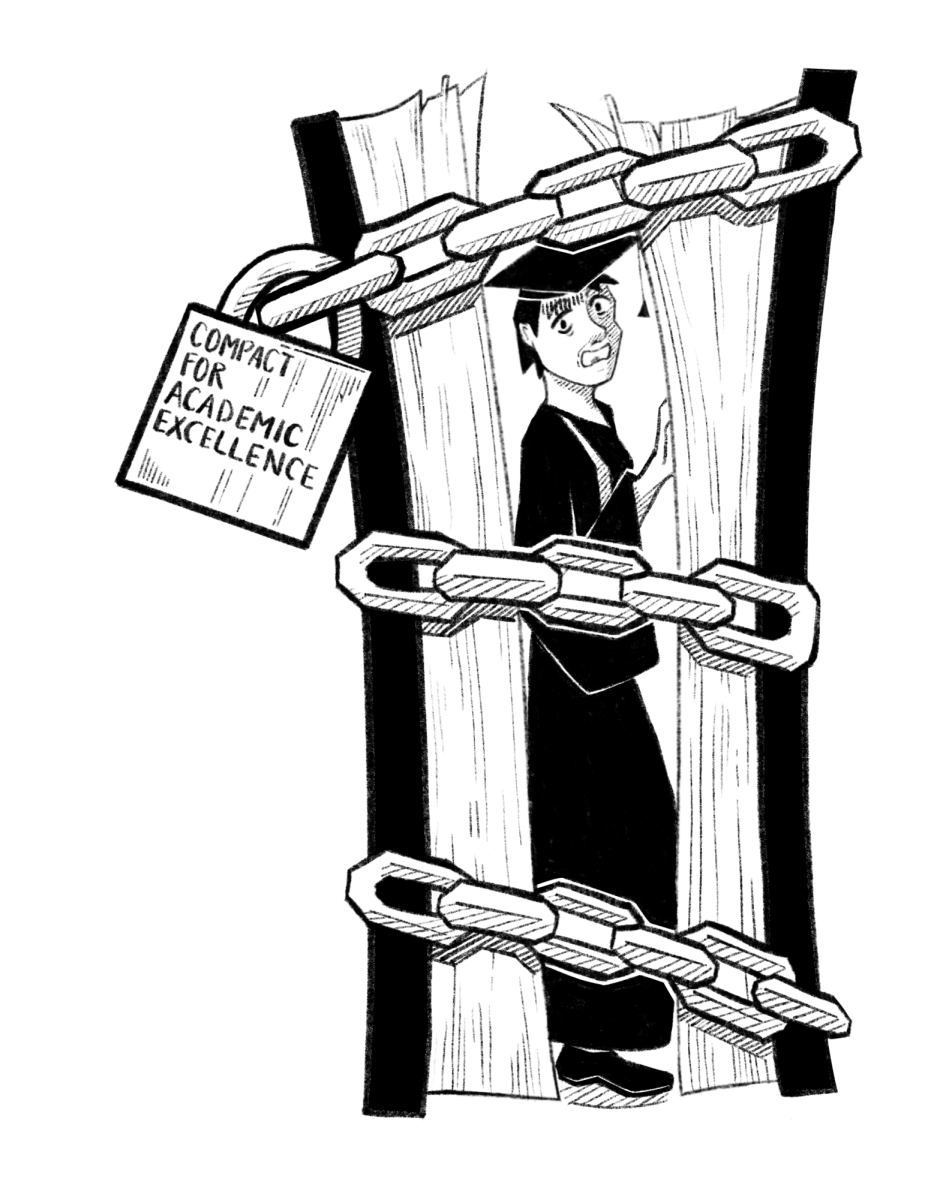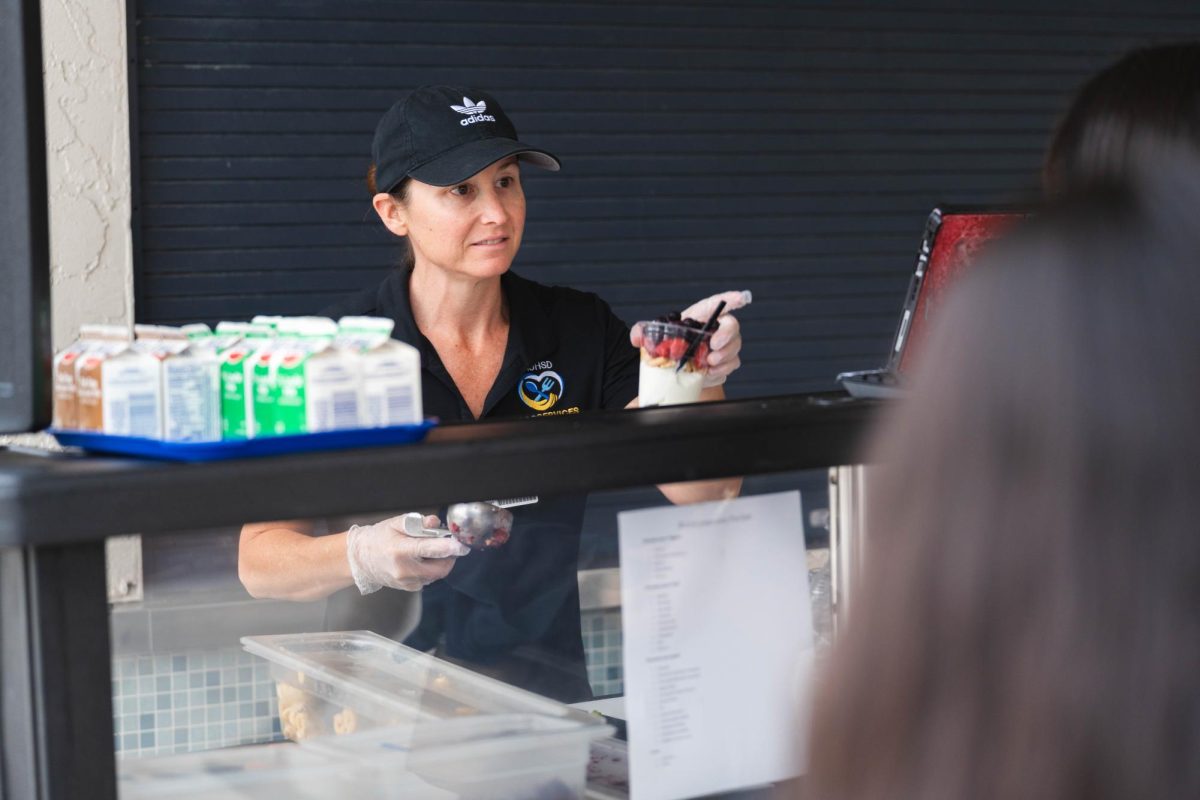City officials in Orange County moved to crack down on sidewalk food carts in March by introducing tight regulations on the activity, a decision directly in opposition to California Senate Bill No. 946 passed in 2018, which decriminalizes street vendors in California. The immediate result was a concerning number of vendor shutdowns across the county — proving city requirements to be unattainable. Despite public safety remaining a priority, the regulations placed by cities in Orange County overstep the rights of the vendor community and call for serious reconsideration of the ordinance.
The wave of strict crackdowns has spread across numerous cities this past year. City council members in Laguna Hills, Stanton, Orange, Fullerton, and Placentia have each established various interpretations of the laws needed to govern street vending activities. Moreover, a countywide ordinance currently requires vendors to complete the full permit process while threatening merchants with criminal penalties in the case of violation.
Enforcement efforts have been coupled with extensive additions to the application process. For example, the City of Fullerton’s Code Enforcement Division now outlines requirements including proof of seller’s permit, liability insurance, and permits from the City Fire Department and the Orange County Health Department. Although city officials argue that two official permits are achievable for street vendors, the process to obtain these permits is convoluted, especially when such legal procedures offer no translation to vendors’ native languages. Permits must also be renewed annually, making the practice tiresome to sustain consistently.
“They just said I had to go through the right channels and I had to get the right permits. I did try that…I spent two years.” street vendor Peter Quezada said in an interview with KCAL News after his small business, Baja Street Tacos, was forcibly removed by the City of Fullerton.
Baja Street Tacos was just one of five street vending businesses removed in Fullerton in just one night. The unreasonably high thresholds used to design vendor restrictions do the opposite of what they aim to achieve: instead of reducing illegal vending activity, they increase it.
Legal infractions and misdemeanors thrust upon illegal vendors create higher risks of incarceration, disproportionately affecting the majority immigrant population of street vendors attempting to create a living for their families through public space. Lengthening the permit process for this business practice without considering the financial situation of these communities imposes expensive, time-consuming burdens — quashing any incentive to complete the process.
The spike in hostility towards street vendors stems from concerns over illegal, unpermitted sidewalk merchants creating competition with brick-and-mortar restaurants, as well as the public health risks associated with food served outside of “proper” establishments. Small businesses such as street carts, though, call for unique capacity and safety obligations in comparison to their larger brick-and-mortar counterparts, with exhaustingly elaborate permit systems only impeding street vendors from obtaining the necessary licenses. Vendor carts also target a different audience compared to the traditional dine-in restaurant, with many consumers continuing to opt for the latter option. The convenience of purchasing from street vendors supports local businesses and the community as a whole in a casual, unpretentious manner unobtrusive to store-based businesses.
In order to make this entrepreneurship feasible, it is imperative that cities streamline the permit process. Cities like Stanton and Irvine require merchants to maintain at least a million dollars in liability insurance just as brick-and-mortar restaurants do in order to validate their business permits, inhibiting vendors from attaining legal licensure through unreasonable criteria. Alongside accessibility changes like providing translations for legal procedures, eliminating unnecessary obstacles in the permit process ensures that more street vendors can operate legally, reducing criminal charges and protecting vendor families.
Solving a complex issue like illegal street vending will require an equally complex and multifaceted approach that encompasses concerns from both the public and the vendor community.








































































